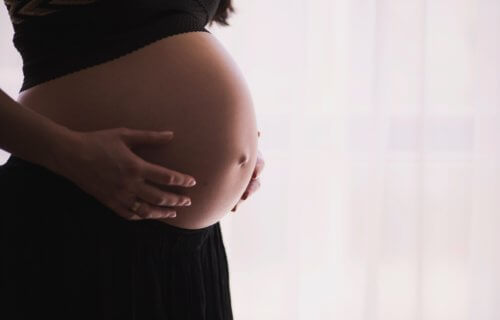NEW HAVEN, Conn. — COVID vaccine misinformation has been a constant problem throughout the pandemic, with unproven rumors linking the shots to everything from infertility to autism. Now, researchers from Yale University are helping to put at least one to bed for good. Scientists report mRNA vaccines for COVID-19 have no impact whatsoever on fertility or pregnancy outcomes.
More specifically, the study finds these vaccines do not produce more of an antibody which could reduce fertility. When researchers injected a group of pregnant mice with mRNA vaccines, they did not observe any side-effects at all. In other words, their offspring were born perfectly healthy.
“The findings provide further evidence that existing mRNA vaccines are safe for pregnant women and those planning to become pregnant,” says senior study author Akiko Iwasaki, Sterling Professor of Immunobiology and of Molecular, Cellular & Developmental Biology, in a university release.
Study co-authors Alice Lu-Culligan and Sasha Tabachnikova, doctoral students in Prof. Iwasaki’s lab, conducted this research to help alleviate many women’s concerns regarding COVID vaccines and pregnancy. For example, one somewhat popular theory is that the vaccines may lower fertility by increasing production of the antibody against syncytin-1. More of that antibody, according to this theory, could hypothetically interfere with placental development and even prevent pregnancy.
The team at Yale, however, found that blood samples taken from both vaccinated and unvaccinated women showed the same levels of anti-syncytin-1 antibodies. Moreover, the team did not note any evidence whatsoever of such antibodies in people vaccinated with either mRNA COVID vaccines or with inactivated COVID-19 vaccines.
What about the vaccine’s link to birth defects?
Another common vaccine-related worry in relation to pregnancy is potential birth defects. To address this concern, researchers injected pregnant mice with a large dose of mRNA vaccines, and then tracked the health of both mother and fetus. The pregnant mice showed no negative health side-effects at all, and their fetuses experienced no physical defects or unusual limitations while growing. Additionally, that fetuses of vaccinated pregnant mice also displayed much higher levels of SARS-CoV-2 antibodies.
All in all, study authors conclude both pregnant women and women hoping to become pregnant in the near future shouldn’t worry about getting vaccinated against COVID-19. There’s simply no real evidence that these vaccines complicate pregnancies, according to the study authors.
“Unvaccinated pregnant women are at increased risk for severe consequences of COVID-19 infections, including hospitalization and intensive care stays than unvaccinated pregnant women, and face increased risk of delivering a preterm or stillborn infant,” Iwasaki concludes.
The study is published in the journal PLoS Biology.

